What is THCa vs. Delta 9

Cannabis is a truly fascinating and complex plant that is now enormously popular for the therapeutic and recreational properties provided by the wide range of compounds, called cannabinoids, that this plant houses.
Among the more than 100 cannabinoids identified so far, two key players stand out: Delta 9 THC (tetrahydrocannabinol), the primary psychoactive compound of cannabis, and its precursor, THCa (tetrahydrocannabinolic acid).
Each of these compounds has unique properties, and understanding their distinctions is crucial for medical and recreational users. So, join us on this journey as we explore the nature of THCa and Delta 9 THC, from their distinctive properties to their potential effects and benefits.
Key Takeaways
- Unlike its counterpart, Delta 9 THC, THCa is non-psychoactive, meaning it does not induce the characteristic "high" associated with cannabis use.
- Delta 9’s ability to induce euphoria, altered perception, and feelings of relaxation has positioned it as the cornerstone of the cannabis experience for recreational users.
- When navigating the vast and complex waters of cannabinoids, the choice between embarking on the THCa or Delta 9 THC ship lies in individual preferences, desired effects, and legal considerations.
What is THCa, and How Does It Differ from Delta-9 THC?
THCa, or tetrahydrocannabinolic acid, is a cannabinoid present in abundance in the raw cannabis plant. Unlike its counterpart, Delta 9 THC, THCa is non-psychoactive, meaning it does not induce the characteristic "high" associated with cannabis use.
This non-intoxicating nature positions THCa as an ideal alternative for those seeking therapeutic benefits without the psychotropic effects commonly associated with marijuana use.
That said, THCa can be psychoactive when a process called decarboxylation occurs. This chemical transformation occurs when exposing cannabis to heat or light, which causes THCa to lose its carboxyl acid group and become Delta 9 THC.
In simpler terms, decarboxylation is the key to unlocking THCa's psychoactive potential.
As raw cannabis dries and ages, decarboxylation can occur naturally but is most commonly induced through the application of heat, such as when smoking or vaporizing.
This activation of THCa alters the compound's molecular structure, releasing its ability to produce the intoxicating effects that recreational users generally seek.
Now, let's further explore each compound's specific effects and benefits.
Delta 9 THC: The Psychoactive Powerhouse
Delta 9 THC, or tetrahydrocannabinol, is the primary psychoactive compound in the cannabis plant. Delta 9’s ability to induce euphoria, altered perception, and feelings of relaxation has positioned it as the cornerstone of the cannabis experience for recreational users.
The psychoactive effects of Delta 9 THC create the characteristic "high" that many associate with marijuana use.
When comparing Delta 9 THC with its non-psychoactive counterpart, THCa, the differences become more noticeable. While THCa offers therapeutic potential without altering consciousness, Delta 9 THC is sought after for its ability to provide a distinctive and often pleasurable psychoactive experience.
This juxtaposition of the effects of Delta 9 vs. THCa highlights the diverse spectrum of outcomes associated with cannabis use.
Having established the fundamental disparities between THCa and Delta 9 THC, we will turn our focus from basic definitions to a deeper exploration of the specific effects and benefits each compound offers.
Does THCa Get You as High as Delta 9?
The psychoactive effects of THCa and Delta 9 THC become a focal point when considering the different experiences each compound offers. In its raw form, THCa is not psychoactive, meaning it doesn’t produce the “high” associated with cannabis use.
This is because THCa, or tetrahydrocannabinolic acid, hasn’t undergone decarboxylation, the process by which it converts into Delta 9 THC. This transformation occurs when cannabis is exposed to heat or light—think smoking, vaping, or even cooking—and is essential to unlocking the psychoactive potential of THCa.
How Decarboxylation Affects THCa’s Psychoactive Potential
Decarboxylation is the process that activates THCa, effectively turning it into Delta 9 THC, the compound responsible for the euphoric and mind-altering effects in cannabis. Through heating, THCa loses its carboxyl group, altering its chemical structure to become Delta 9 THC.
Only then does it gain the ability to interact with the body’s endocannabinoid system in a way that produces a psychoactive high.
Is the High from Decarboxylated THCa Different or More Potent?
Once activated, THCa mirrors Delta 9 THC in its effects. However, there are some nuances. Users who consume decarboxylated THCa often describe a high that can feel slightly more intense or "cleaner," likely due to the concentration and purity of the THCa before it’s activated.
This can be especially true if large quantities of raw THCa are consumed and subsequently decarboxylated, as the resulting dose of Delta 9 THC may surpass typical levels, leading to a more potent high.
The experience from decarboxylated THCa can be comparable to consuming Delta 9 directly, but the exact effects will depend on factors like individual tolerance, dosage, and method of activation.
Comparing the Effects: THCa vs. Delta 9 THC

Now, we will focus on two fundamental aspects that distinguish these compounds: the therapeutic potential of THCa and the wide-ranging effects of Delta 9 THC.
With this exploration, we aim to provide you with the knowledge necessary to tailor your cannabis experience better, whether focusing on therapeutic benefits, recreational enjoyment, or a balance of both.
The Therapeutic Potential of THCa
Positioned among the emerging rare cannabinoids, THCa possesses unique qualities and potential benefits that continue to gain popularity for its potential therapeutic applications.
Research suggests that THCa harbors a variety of potential health benefits, making it a topic of interest for medicinal users. In particular, THCa is known for its anti-inflammatory properties, which show promise for conditions marked by inflammation.
Related Products
Additionally, studies indicate the possible neuroprotective qualities of THCa, suggesting potential applications to address neurodegenerative disorders.
It is also necessary to address the role of decarboxylation in the therapeutic transformation of THCa. Through this transformation, THCa is converted to THC, releasing its psychoactive potential.
While THCa itself is not psychoactive, the activation of THC through decarboxylation expands its therapeutic benefits to include pain relief, mood regulation, and appetite stimulation.
THCa, in its raw form, offers therapeutic benefits without the cognitive impairments related to Delta 9, making it an attractive option for people seeking relief without altered consciousness.
In contrast, Delta 9 THC, with its psychoactivity, finds its primary application in the control of conditions in which the psychotropic effect itself contributes to the therapeutic results.
The Wide-Ranging Effects of Delta 9 THC
As we delve into the characteristics of Delta 9 THC, we can see that this controversial cannabinoid carries a spectrum of effects that go beyond the therapeutic field and extend to the psychoactive field.
Known for inducing a feeling of euphoria and altered perception, Delta 9 plays a critical role in shaping the cannabis experience.
The psychoactive effects of Delta 9 THC influence mood and perception, creating a distinctive and often pleasurable experience for recreational users. The euphoria it induces is a hallmark of cannabis use, attracting people seeking a heightened sensory experience.
But beyond its psychoactive attributes, Delta 9 THC is recognized for its potential medical benefits. These possible therapeutic benefits include pain control, nausea relief, appetite stimulation, and more.
Nowadays, the increasing legal opening to cannabis has paved the way for the popularity of Delta 9 THC products. Innovations like our Sour Punch M-fusion Delta 9 + CBD Microdose Gummies take advantage of the unique effects of Delta 9 THC, offering consumers a new range of experiences and potential medicinal uses.
These positive changes in legal attitudes towards cannabis have driven an increase in demand for cannabis products aimed at a broader audience seeking out-of-the-ordinary experiences.
THCa Flower vs. Delta 9 Products
The choice between THCa in the form of raw cannabis flower and Delta 9 THC-infused products, each with its unique characteristics, is just a sample of the wide variety of products and consumption methods menu that users have nowadays.
THCa, present in raw cannabis flowers, allows users to experience the cannabinoid in its unaltered, non-psychoactive state.
Nevertheless, to avoid releasing the psychoactivity of THCa, users should consume THCa flowers through methods that do not expose the flower to heat, like incorporating the raw flower into foods or drinks.
This option may be particularly attractive to those seeking the therapeutic benefits of THCa without the psychoactive effects.
On the other hand, Delta 9 THC-infused products offer a variety of options, such as our M-fusion Fruit Punch Delta 9 Microdose Gummies, our Delta 9 Blues Razz Rings, or Delta 9 Live Resin Watermelon Rings.

These products provide a convenient and precise way to consume Delta 9 THC, ideal for those who want a controlled dose and a discreet method.
Even so, it is vital to know how to eat Delta 9 gummies to get the maximum potential benefits of these sweet treats and reduce the risk of possible adverse effects from consuming higher doses than necessary.
Being clear about your preferences is essential when choosing between THCa flower and Delta 9 products. While some may prefer the traditional, raw nature of THCa flower, others may lean toward the pleasurable euphoric high offered by Delta 9 THC-infused products.
Final Thoughts: THCa or Delta 9 THC?
When navigating the vast and complex waters of cannabinoids, the choice between embarking on the THCa or Delta 9 THC ship lies in individual preferences, desired effects, and legal considerations.
THCa, with its non-psychoactive nature, offers therapeutic benefits without the psychotropic effect traditionally associated with cannabis. On the other hand, Delta 9 provides psychoactivity and therapeutic potential equally.
To make the best choice between these two compounds, consider your preferences: therapeutic relief, recreational enjoyment, or a balanced mix. Consider the effects of each cannabinoid: THCa offers therapeutic benefits, and Delta 9 provides psychoactive experiences.
Additionally, keep in mind the legal considerations surrounding each compound and ensure that your chosen cannabinoid complies with local regulations. Weighing these factors gives us the contrast and vision necessary to make wise decisions precisely tailored to our desired cannabis experiences.
THCa vs. Delta 9: Frequently Asked Questions
How Do the Legal Statuses of THCa and Delta 9 THC Compare?
The legal status of THCa and Delta 9 THC varies significantly between regions. THCa, being non-psychoactive and derived from industrial hemp, is generally legal in most places. On the other hand, Delta 9 THC is subject to stricter regulations due to its psychoactive nature and because it remains a federally controlled substance.
Can THCa Provide Benefits Without the High of Delta 9 THC?
Yes, THCa can provide therapeutic benefits without the high associated with Delta 9 THC. THCa is non-psychoactive in its raw form, making it a preferable option for those seeking relief without altered consciousness.
What Should Beginners Know When Choosing Between THCa and Delta 9 Products?
Beginners should consider desired effects and legal regulations when choosing between THCa and Delta 9 products. THCa is non-psychoactive but also offers potential therapeutic benefits, while Delta 9 products provide a psychoactive experience particularly acclaimed by recreational users.
Understanding local laws, critical differences between compounds, and individual preferences allows beginners to make the best choice.
Explore Other Articles
View allExplore more
- 11 hydroxy thc
- Blends
- blunt
- burn blend
- cannabinoids
- cartridge
- CBD
- cbg
- CBN
- Charged Blend
- Clarity Blend
- Concentrates
- Connection Blend
- Creativity Blend
- Dabs
- delta
- delta 10
- delta 11
- delta 8
- Delta 8 thc
- delta 9
- delta 9 thc
- Delta-10-THC
- Delta-11-THC
- delta-8
- Delta-8-THC
- Delta-9-THC
- delta9
- Desire Blend
- destination series
- Diamonds
- disposable
- disposable vape
- Dream Blend
- dry january
- edibles
- elevate blend
- entourage
- entourage effect
- entourage effects
- Euphoria Blend
- focus
- gummies
- H4CBD
- halloween
- hemp
- hemp-derived
- HHC
- HHCp
- HTE
- Indica
- Introvert Blend
- lean
- legal
- Live Resin
- Live Resin cartridges
- m-fusions
- mechoulam
- momentum blend
- Motivation Blend
- preroll
- productivity
- raphael mechoulam
- Recover Blend
- Relief
- sleep
- strain review
- terp sauce
- Terpenes
- Thanksgiving
- thc
- THC Drink
- thc lean
- thc-p
- THCa
- THCb
- THCh
- THCm
- thcp
- THCp edibles
- THCv
- the elevate blend
- The Energy Blend
- The Happy Blend
- The Illuminate blend
- the momentum blend
- The Rest Blend
- Tranquility Blend
- vape
- vape cartridge
- Vapes
- wax
- wellness
- zkittlez


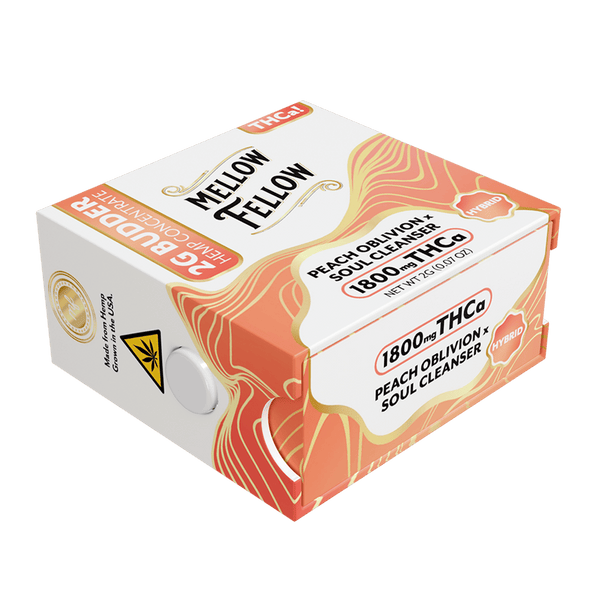
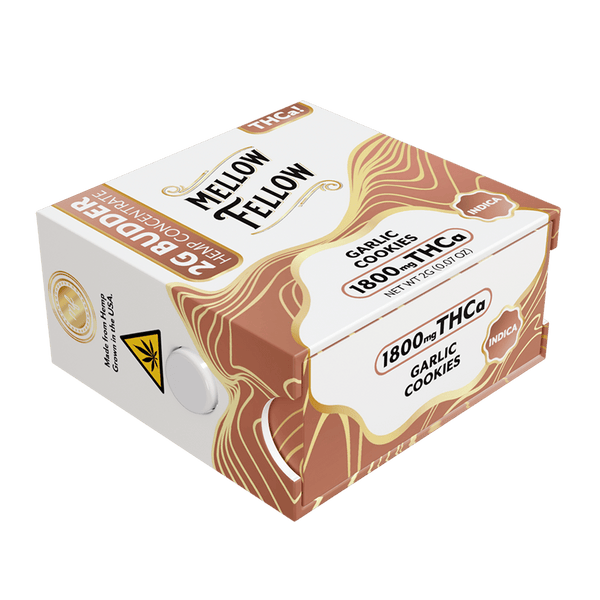
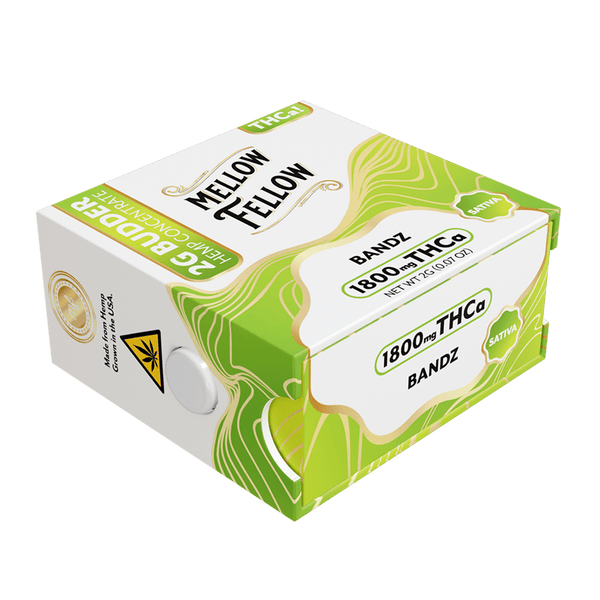
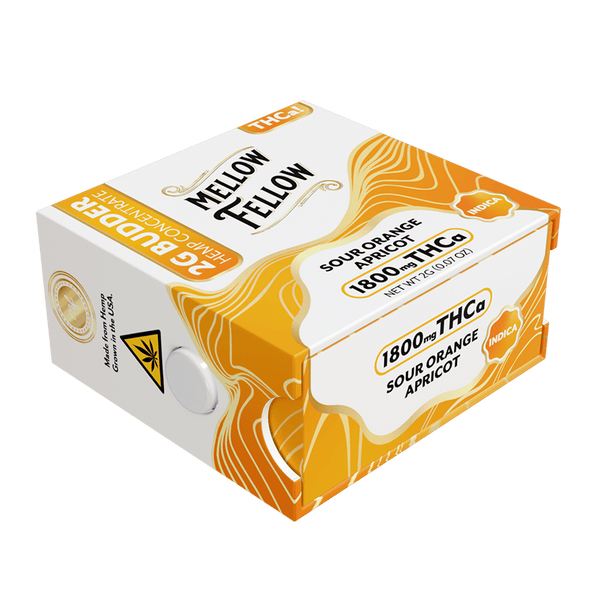
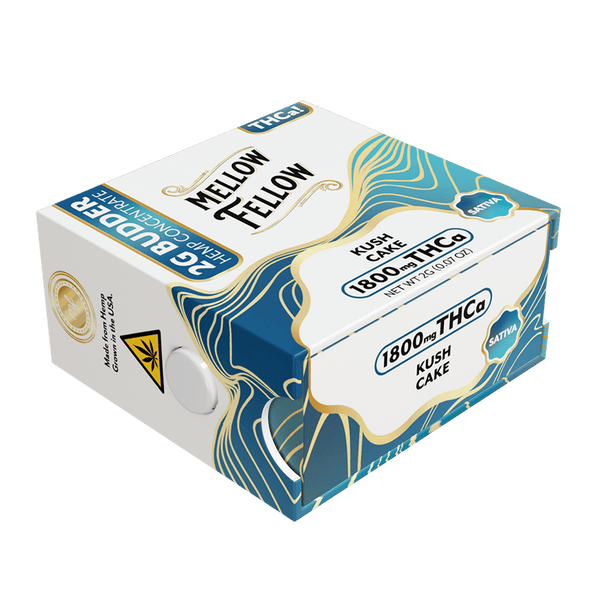
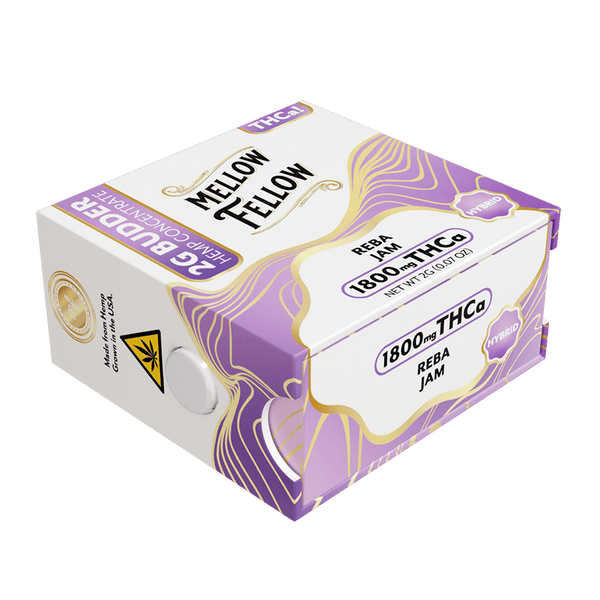










Leave a comment